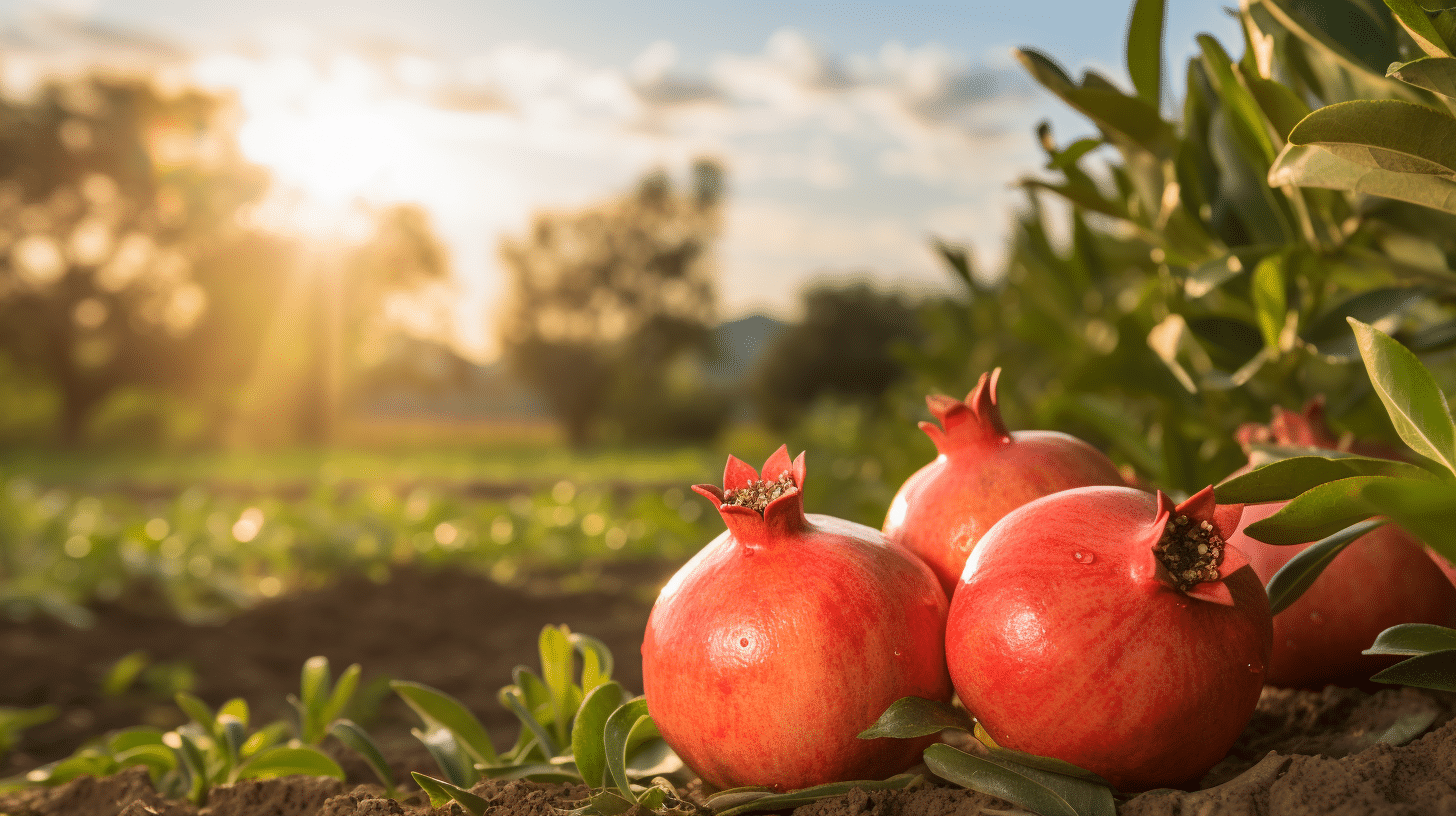Kenya has discovered a new wonder fruit. The pomegranate fruit in Kenya. Pomegranate fruit in Kenya is a red fruit with a tough outer bark like layer, and it originated from Persia a long time ago. Pomegranate fruit is a type of fruit found on many people`s fences in Kenya and probably eaten by birds but not anymore after this breakthrough. Pomegranate fruit is a fruit in Kenya the size of an apple with many small seeds covered by a skin which looks like a tree bark. People in Kenya usually chew the seeds of pomegranate fruit or just make juice with them. Nutritionists in Kenya advice that one should eat the pomegranate fruit seeds when they are the freshest and juiciest since this is when they are most beneficial. One can also sprinkle the pomegranate seeds on a fruit salad in Kenya.
Research in Kenya shows that that pomegranate fruit increases the level of oxygen in the body particularly in the heart. Pomegranate fruit in Kenya also helps to fight erectile dysfunction among men in Kenya, and it also fights arthritis (ageing of bones).
Pomegranates in Kenya are packed with antioxidants equal to those in green tea or wine. Pomegranate fruits in Kenya are loaded with vitamin c and minerals like potassium. The Pomegranate fruit has punicalagins, a compound in the fruit which has, through research in Kenya, it has been proven to reduce blood pressure and reduces heart blockages (atherosclerosis). The punicalagins compound found in pomegranate fruits also reduces cancer occurrences in Kenya.
A few farmers in Kenya are practicing pomegranate fruits type of farming. For example in Murang`a, there is an organization called the Murang`a County Medicinal Plants Initiative that is committed to giving advice to farmers and clients in pomegranate fruits.
Pomegranate trees in Kenya usually grow in tropical areas, and they also grow in cold areas, but they should be protected from extreme cold and frost. However, pomegranate trees in Kenya prefer very hot sun. This pomegranate tree is a particularly thorny plant with small waxy leaves and it has a hardy plant they can do well in any area in Kenya whether arid or semi arid. High temperatures tend to enhance the flavor of the fruit. This Pomegranate plant in Kenya does well in clay, sand, silt and gravel soils. Pomegranate farmers in Kenya can also put fertilizer on the plant to increase production and fruit count. One pomegranate fruit in Kenya retails at about 100kshs to 200kshs. The pomegranate fruits are very costly in Kenya, and given that one tree produces an average of 25 fruits per season, this is a very viable venture in Kenya.
This pomegranate fruit farming in Kenya is a feasible idea, since one does not need a lot of space per tree and if well taken care of and watered, the fruits will be big. The pomegranate farming has taken root in Kenya, and most people are advised to take up the farming as a source of income and a tool of alleviating poverty in most areas of Kenya. Farming is a very vibrant industry in Kenya and those who invest their time, energy and money on it, are smiling all the way to the bank. People in Kenya are very health conscious in this day and age, and if one would centre their small scale or large scale business in Kenya here, it is a niche. Look at how people in Kenya went crazy with the quail business in Kenya because quail products in Kenya had medicinal value.
Well those who have taken up the Pomegranate farming in Kenya claim that it is not capital intensive since all you need to do is get the seed or cuttings of pomegranate, plant it and take care of it, and in a few months the returns are massive.



0 comments